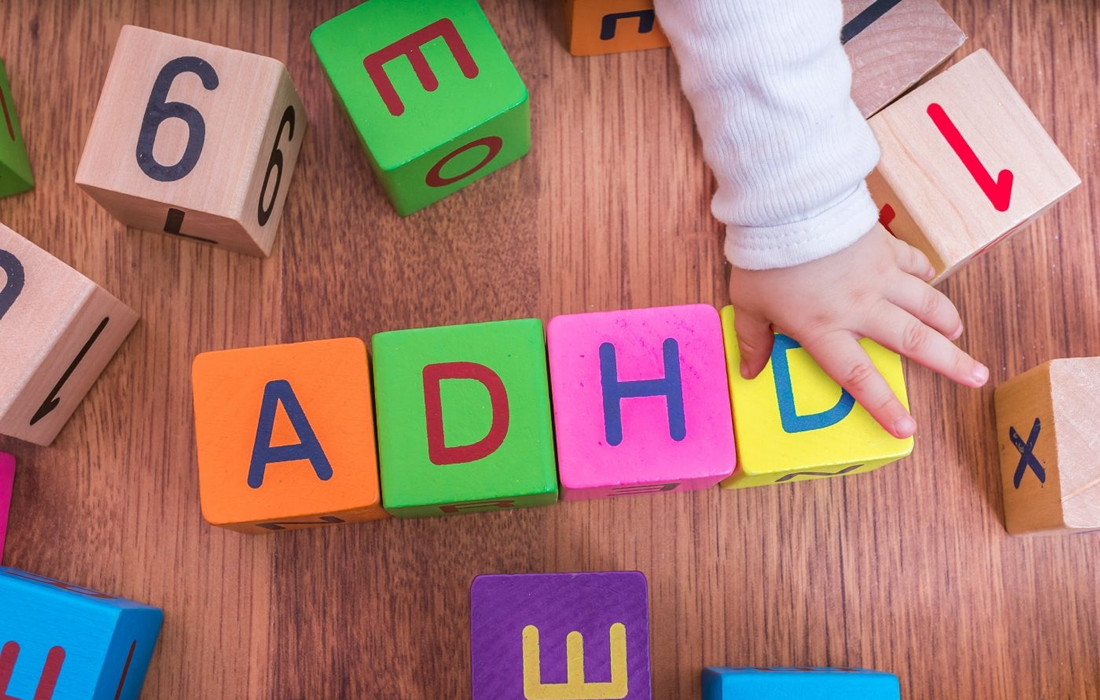Nutrition and Supplements
Micronutrients Show Benefit in Neurodevelopment Disorders and Regulation of Emotions in Children
Attention-deficit/hyperactivity disorder (ADHD) is a common impairing psychiatric condition affecting 5% to 7% of children. It often persists into adulthood, with increased risk for poor educational achievement, substance abuse, incarceration, and ongoing psychiatric problems. In addition to hyperactivity/impulsivity and inattention, emotional dysregulation is increasingly identified as a frequent feature and driver of impairment.
Pharmacologic treatment improves ADHD symptoms for many individuals, but concern continues over side effects, stigma, and potential long-term health effects, including mild growth suppression. In particular, the evidence for height suppression has led to a call for non-pharmacological treatments.
Supplementation with single nutrients (eg, zinc, magnesium) have shown mixed and modest benefit,14 with omega-3 supplementation showing the most consistent benefit in 3 meta-analyses of blinded assessments (eg, a meta-analysis of 9 studies found a standardized mean difference (SMD) of 0.17, 95% CI = 0.01, 0.34).15 Supplementation with broad-spectrum micronutrients has demonstrated benefit in open-label and blinded studies, with small-to-medium effects in adults and children with ADHD and co-occurring mood issues or emotional dysregulation (irritability, aggression, and anger). Scientific justification for supplementing with micronutrients is derived from their function in brain processes, including as cofactors in synthesizing essential neurotransmitters.
A study reports that children with ADHD and emotional dysregulation randomized to take a micronutrient formula were three times more likely to show symptomatic improvement on blinded clinician ratings.
The triple-blinded study enrolled 135 medication-free children and their parents at three sites (Portland, Oregon; Columbus, Ohio; Alberta, Canada) and randomized participants to either micronutrient or placebo capsules for eight weeks. Three-quarters of the participants were adherent to the study protocol. The intervention was well-tolerated, with no significant differences in adverse events between the micronutrient and placebo groups, or safety concerns based on blood and urine tests. Parents, children and clinicians were blinded to treatment allocation and were not able to guess assignment better than chance.
In addition to behavioral and emotional benefits, children taking micronutrients grew 6mm more in height than those taking placebo after adjusting for baseline height.
No treatment is 100% effective for all with ADHD. For example, about 2/3 respond to the first stimulant drug tried, which is an established first-line ADHD treatment despite emotional, appetite, and growth side effects. So, it’s encouraging that a good half of the children responded to this relatively safe treatment.
“Future studies will focus on the micronutrients’ mechanisms of action and subgroup responses to understand for whom and why this intervention works. Mechanistic hypotheses to be tested include changes in the gut microbiome and its metabolome, reductions in inflammatory markers (e.g. cytokines), replenishment of minerals, and optimization of neurotransmission.
SOURCE:
Jeanette M. Johnstone, Irene Hatsu, Gabriella Tost, Priya Srikanth, Leanna P. Eiterman, Alisha M. Bruton, Hayleigh K. Ast, Lisa M. Robinette, Madeline M. Stern, Elizabeth G. Millington, Barbara L. Gracious, Andrew J. Hughes, Brenda M.Y. Leung, L. Eugene Arnold (July 21, 2022). Micronutrients for Attention-Deficit/Hyperactivity Disorder in Youths: A Placebo-Controlled Randomized Clinical Trial. Journal of the American Academy of Child & Adolescent Psychiatr. Retrieved from : https://www.jaacap.org/article/S0890-8567(21)00473-1/fulltext
IMAGE:
https://www.elindependiente.com/wp-content/uploads/2017/07/tdah.jpg

